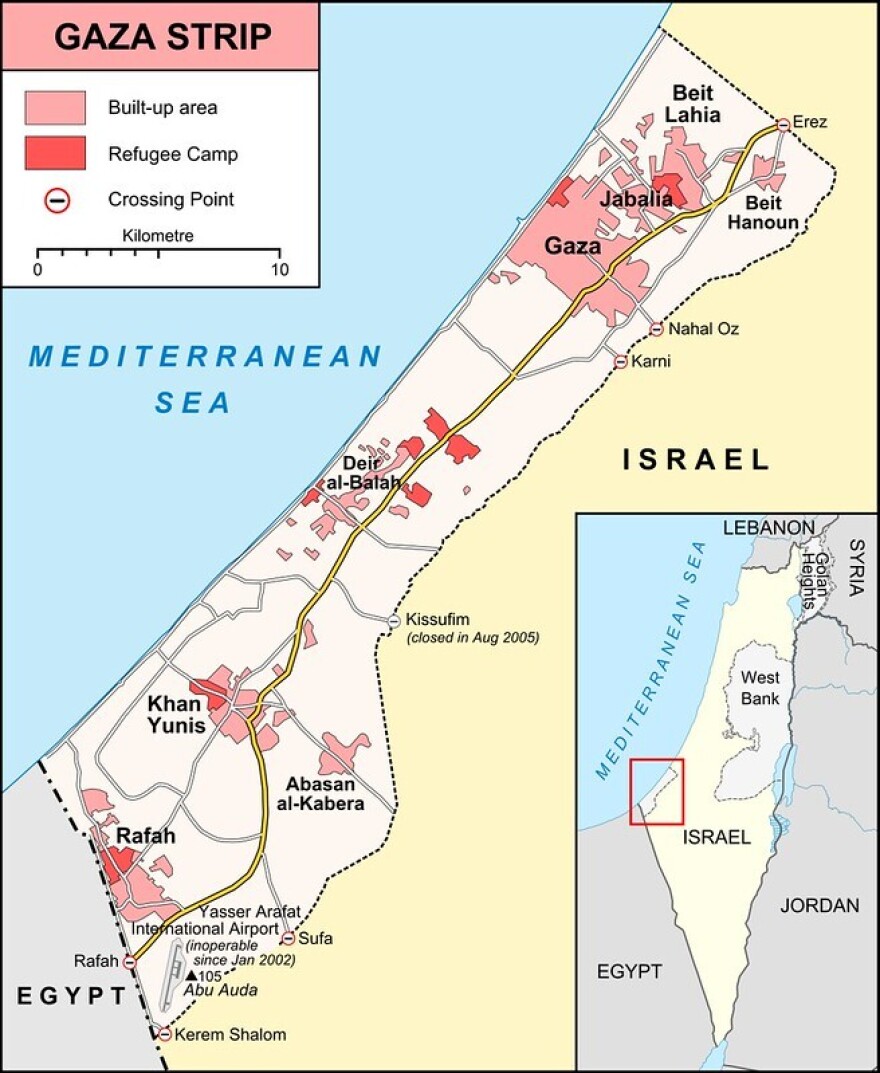There's perhaps no more topical and complicated issue in the news right now than the conflict between Israel and the Palestinian Resistance Movement. More popularly known by its Arabic acronym, Hamas. The two sides have been in direct conflict for more than. 30 years, but this situation has deep historical roots.
The latest route was sparked by Hamas fighters, who two months ago broke through the barrier separating the Gaza Strip, which Hamas has ruled since winning elections there in 2006, and launched attacks on communities in southern Israel killing about 1400 Israelis and kidnapping more than 200. 40 others in taking them back to Gaza.
Since then, the Israeli government led by Prime Minister Benjamin Netanyahu has launched a punishing invasion of Gaza. With the stated aim of freeing the hostages in destroying Hamas, as of December 15th, the Israeli bombardment of Gaza has damaged or destroyed half of its dwellings, displaced. More than half of its nearly two-and-a-half million residents killed an estimated 20,000 people and wounded twice that number – nearly half of them women and children.

Israel has also cut off supplies of water, food, fuel, medicine, and electricity to Gaza and continued along with Egypt. A near-total economic blockade of the territory the United Nations has declared Gaza's humanitarian situation as the worst in the world. Despite calls for an immediate permanent ceasefire, the US has so far blocked a UN Security Council resolution to that effect. The fighting shows no end in sight. Later in this episode, we'll hear from Columbia University Professor Rashid Haldi, who has written extensively on the modern Palestinian struggle for statehood.
But we begin with Hussein Ibish, a senior resident scholar at the Arab Gulf Studies Institute in Washington, D.C. About Gaza. Hussein Ibish is a senior resident scholar at the Arab Gulf States Institute in Washington, DC as well as a regular contributor to Bloomberg, the National, and several other news websites.
We spoke with him recently about the Gaza Strip. Its historical significance and how the geographically small but significant territory has become a flashpoint and the conflict between Israel and the Palestinians. Columbia University Professor Rashid Kedia, considered by many as one of the foremost scholars on the Palestinian identity and the national struggle for statehood. The ongoing conflict between Hamas and Israel has evoked memories of 75 years ago, which resulted in the mass expulsion of Palestinians and the birth of the modern state of Israel.
Recently I spoke with Professor Khalidi about the similarities and the differences between the events of 1948 and today.



